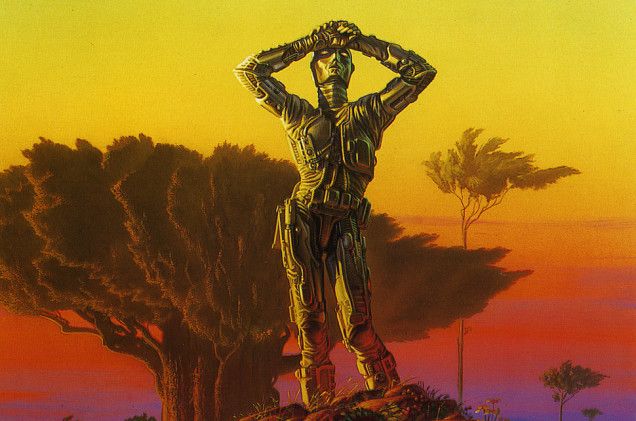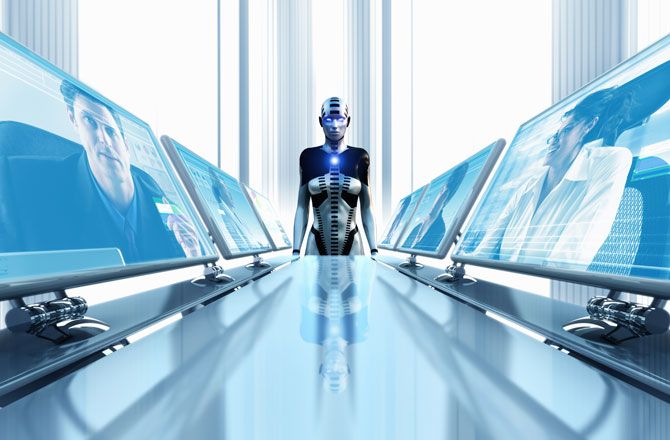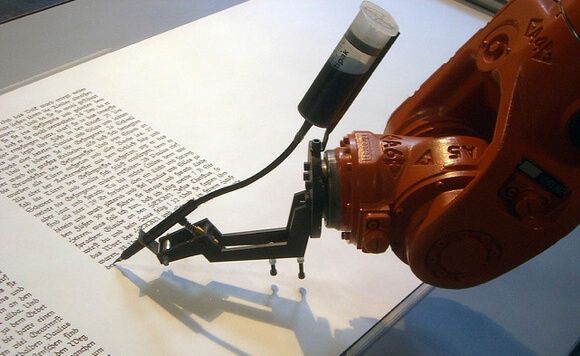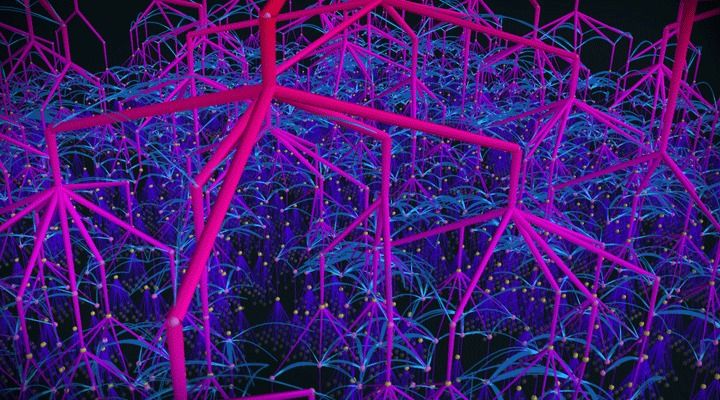The White Swan’s Beyond Eureka and Sputnik Moments: How To Fundamentally Cope With Corporate Litmus Tests and With The Permanent Impact of the Dramatic Highly Improbable And Succeed and Prevail Through Transformative and Integrative Risk Management! [TREATISE EXCERPT]. By © Copyright 2013, 2014 Mr. Andres Agostini — All Rights Reserved Worldwide — « www.linkedin.com/in/andresagostini AND www.AMAZON.com/author/agostini » — The Lifeboat Foundation Global Chief Consulting Officer and Partner, Lifeboat Foundation Worldwide Ambassador —
(An Independent, Solemn, Most-Thorough and Copyrighted Answer. Independence, solemnity, thoroughness, completeness, detail, granularity of details, accuracy and rigor, hereunder, will be then redefined by several orders of nonlinear magnitude and without a fail).
[TREATISE EXCERPT].
To Nora, my mother, who rendered me with the definitiveness to seek the thoughts and seek the forethoughts to outsmart any impending demand and other developments. To Francisco, my father: No one who has taught me better. There is no one I regard most highly. It is my greatest fortune to be his son. He endowed me with the Agostini family’s charter, “…Study and, when grown up, you will neither be the tyrants’ toy, nor the passions’ servile slave…” I never enjoyed a “…Mom…”, but considerably enjoyed a gargantuan courageous Mother, Father, Grandparents and Forbears.
Continue reading “The White Swan's Beyond Eureka and Sputnik Moments! [TREATISE EXCERPT] By Mr. Andres Agostini at www.AMAZON.com/author/agostini” »
 JESSE McKINLEY — NYTimes
JESSE McKINLEY — NYTimes


 It’s been 50 years since
It’s been 50 years since 










